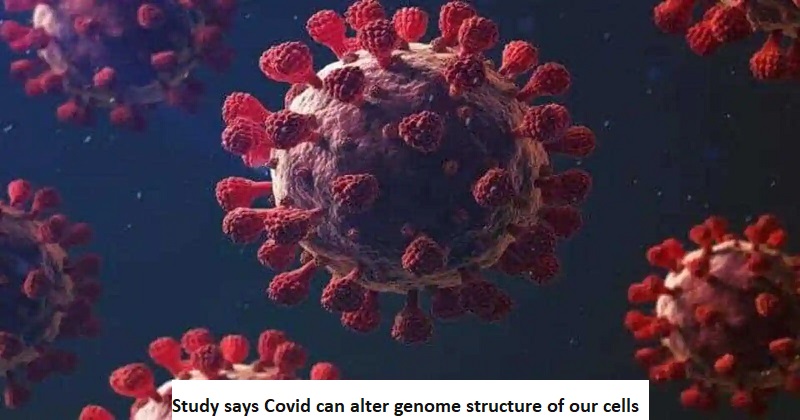
According to a study, people infected with the SARS-CoV-2 virus may undergo alterations in genomic structure, which could explain their immune-related symptoms and risk of lengthy COVID. According to one study, patients infected with the SARS-CoV-2 virus may have changes in genomic structure, which could explain their immune-related symptoms and increased risk of COVID for a long time. It remained unknown whether and how SARS-CoV-2 may impact our chromatin. The most recent work, published in the journal Nature Microbiology, detailed the chromatin architecture in human cells following a COVID-19 infection.
We discovered that many well-formed chromatin layouts of a normal cell become disorganized after infection, according to Wenbo Li, senior author of the study and associate professor at the University of Texas Health Science Center in Houston, Texas.
For example, one sort of chromatin design known as A/B compartments can be compared to the yin and yang components of human chromatin. We discovered that after SARS-CoV-2 infection, the yin and yang sections of the chromatin lose their regular forms and begin to mix together, Li added. According to the researchers, such mixing may be the cause of alterations in some essential genes, including interleukin-6, a critical inflammation gene that can induce cytokine storm in severe COVID-19 patients.

Post Your Comments